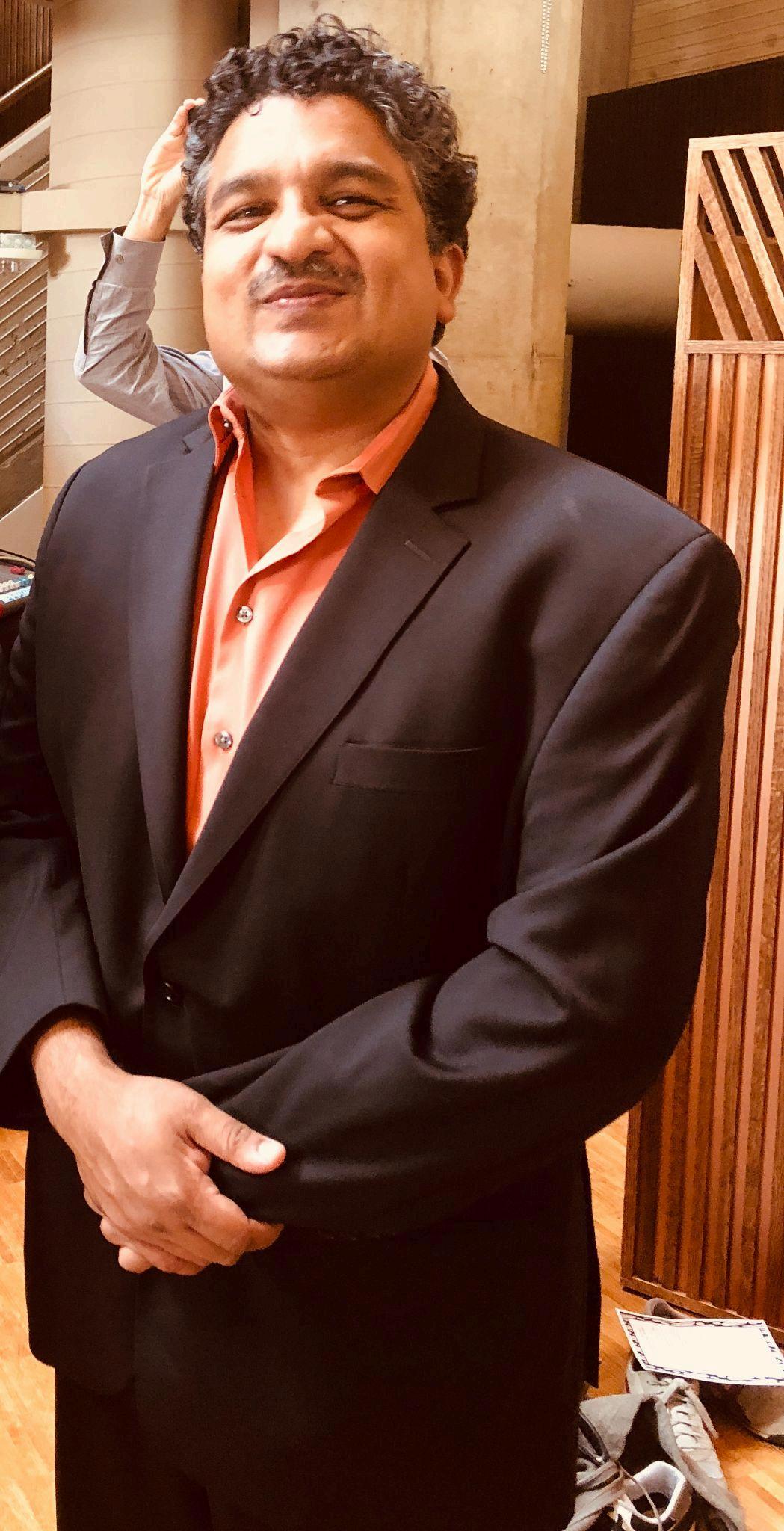From Campus to Calling: The Enduring Value of Student Leadership

Isam Vaid believes that student leadership is more than holding a title or organizing an event; it’s an experience that shapes character, builds essential skills, and sets the foundation for future impact Over several years, students who engage in leadership roles not only grow individually but also contribute to building stronger, more inclusive academic communities. Through every meeting they chair, problem they solve, and voice they amplify, these young leaders develop the mindset and tools to become changemakers far beyond the school environment.
For many, the path begins with a desire to help or contribute, as well as a curiosity about how things work and how they could be improved Whether it’s joining a student council, leading a club, mentoring peers, or organizing service projects, early involvement often starts small. But these first steps are significant. They ignite confidence and teach students how to listen, cooperate, and follow through on responsibilities that affect others Small decisions, such as managing a budget or planning an event, introduce real-world problem-solving, preparing individuals for increasingly complex leadership challenges

As student leaders gain experience, they learn to navigate difficult situations with patience and critical thinking They must often balance academics, personal life, and leadership obligations, developing time management, adaptability, and resilience. They begin to understand that leadership is not about directing others, but about creating environments where others can thrive It’s a continual process of learning, reflection, and service
One of the most profound benefits of student leadership is the growth in communication skills that it fosters Whether speaking publicly, writing proposals, or engaging in group discussions, leaders must learn how to articulate ideas clearly and respectfully. They practice listening just as much as speaking, realizing that empathy and understanding are just as vital as persuasion
These communication skills become foundational in every career path, from law and medicine to education, business, and public service.
Collaboration is another core element. Student leaders rarely act alone; they work in teams, across departments, and with people from diverse backgrounds and perspectives. This collaboration helps them develop interpersonal skills, cultural sensitivity, and the ability to build consensus. They learn to lead by example, accept feedback, and share credit. They also discover the power of inclusive leadership, which involves making space for all voices, particularly those that have traditionally gone unheard

The leadership journey also instills a strong sense of civic and social responsibility. Through advocacy initiatives, volunteer efforts, or awareness campaigns, student leaders often become deeply engaged in issues that affect the mental health, equity, sustainability, access, and representation of their peers and the communities they serve These experiences make students more conscious of their role in the world and fuel their passion to effect positive change.
Over time, leadership becomes more than an activity; it becomes part of a student’s identity They begin to see challenges not as obstacles, but as opportunities to learn and lead. Mistakes
are no longer setbacks, but lessons that build humility and courage This growth mindset often stays with them long after graduation, influencing how they approach careers, relationships, and community involvement

Mentorship is another important aspect of long-term leadership. As students advance through leadership roles, they are often called upon to mentor others Teaching and guiding younger students helps solidify their learning, creating a cycle of empowerment that fosters a sense of confidence and self-assurance. In doing so, they contribute to a culture of continuity and growth, ensuring that leadership remains a shared and sustainable effort
The value of these experiences becomes clear in adult life. Employers and institutions seek individuals who can think critically, collaborate effectively, and act with integrity Alums who served in student leadership roles frequently reflect on how those early opportunities shaped
their careers and worldviews The ability to organize, inspire, and respond with empathy becomes central to their success.

Ultimately, years of student leadership development are not just preparation; they are practice. They represent a series of small, intentional steps toward becoming the kind of leader who listens, learns, and leads with purpose. And in a world where thoughtful, ethical leadership is more necessary than ever, the lessons learned on campus carry extraordinary and lasting weight
